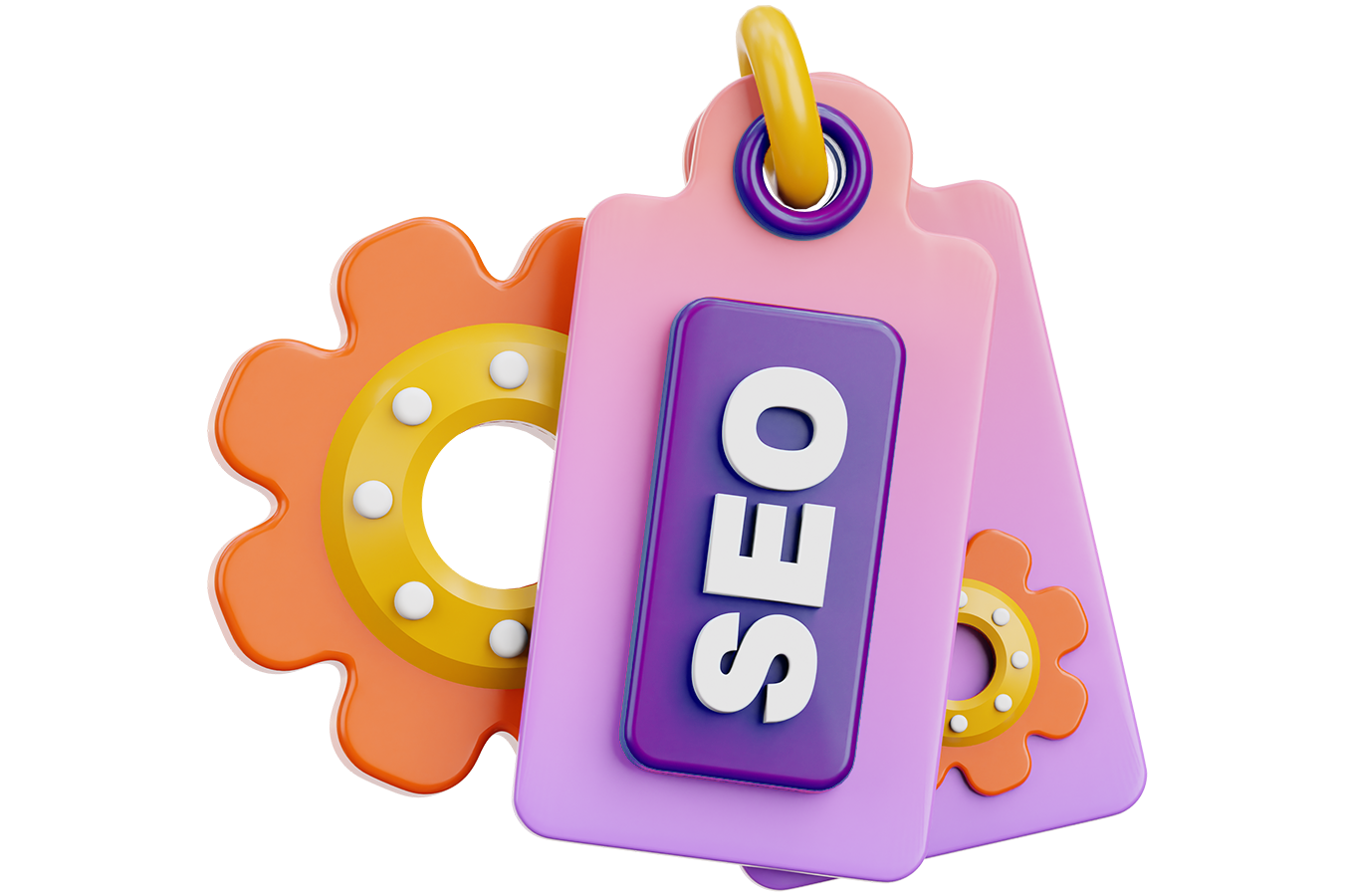
On-page SEO
On-page SEO is the practice of optimizing individual web pages in order to rank higher and earn more relevant traffic in search engines. On-page refers to both the content and HTML source code of a page that can be optimized, as opposed to off-page SEO which refers to links and other external signals.
For those new to on-page SEO, we highly recommend reading our On-Page Ranking Factors. On-page SEO has changed over the years, so it's important to keep up with the latest practices. Below are the latest post about on-page SEO from the Moz Blog, and we have chosen our favorite resources to help you along your journey.
On-Page SEO : The Beginner's Guide to SEO: Everything you need to get started to optimize your pages.
On-Site SEO Learning Center : Our free on-site SEO learning hub. Here, we’ve gathered our top resources in one place.
More than Keywords: 7 Concepts of Advanced On-Page SEO : On-page SEO starts with keywords, but Google uses tons of advanced methods to determine content relevance.
Illustrated Guide to Advanced On-Page Topic Targeting for SEO : A simple framework for on-page topic targeting that produces satisfying content and makes optimizing easy.
What's changed in SEO? : Looking back at a popular Whiteboard Friday, let's see what's changed and what still remains relevant today in SEO.


Google SERP Test: Multiple Page Title & Meta Description Tags
Have you ever wondered what would happen if you had multiple page title tags in the head of your webpage? How about multiple meta description tags? In this article, I am going to show you the results of my Google search experiment.
Restructuring Your Website and How to Minimize Traffic Loss
With a total of 21 websites in 15 languages, launching a new global web structure without losing a significant portion of traffic was always going to be a difficult task. Especially as more than 50% of total visits are from search engines. This blog post will show you two examples of how to launch a new website:
How Optimizing My Ugly Google+ Pic Increased Free Traffic 35%
Over the years, SEOs have employed many techniques to control how their site appears in search results. These included: writing compelling Title Tags, descriptive Meta Descriptions, use of NOODP and NOYDIR meta tags, and keyword rich URLs. But times are changing.
Internal Linking Strategies for 2012 and Beyond
A followup to last Friday's Whiteboard Friday, we clarify some of the points made with illustrations, mockups, and examples that show good vs risky examples of internal linking. The goal is to remain competitive, but to link in smart ways with varied anchor text. These strategies should keep you competitive while also looking towards the future and not worrying about over-optimizing your internal links, including links from your microsites or ccTLDs.
Let On-Page Optimization Change your Life!
Do NOT underestimate the value of good content, on-page optimization, and strong theme building! As people involved in the SEO industry, we come across various websites in our scope of work. Ecommerce, lead-based information portals..the list is never ending!
Which Page is Canonical?
Before you can remove duplicate content, you have to understand which URL is actually canonical. I provide five cases to show how the problem is more complicated than you might think.
Watch Out for Long Title Tags - An SEOmoz Case Study
We've been seeing some strange new issues with title tags displaying in the SERPs lately. After a bit of sleuthing, here's what we found out:
13 Questions (and Answers) About Google, Site Speed, and SEO
It's been two years since Google announced that page speed is a factor in its search ranking, and one of the most-asked questions I still receive is: How exactly do they do it? The second-most-asked question I hear is: How much do I need to care about this?
Responsive Web Design: The Ultimate Guide for Online Marketers
As of February, the smartphone share in the United States has reached nearly 50%. 2012 is FINALLY "the year of mobile" and this means that you need to invest in a mobile user experience. Check your analytics — that mobile traffic share keeps growing!
An Internal Link Juice Tool
One of the challenges we have as an agency is working with clients who want to link to absolutely everything from their global navigation. A business owner or marketing manager often has a hard time deciding what is more and less important -- to them it's all important! This results in a bloated navigation that detracts from the SEO value that those internal links pass through t...


